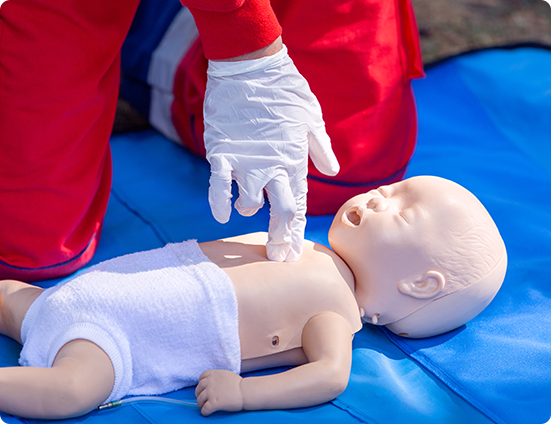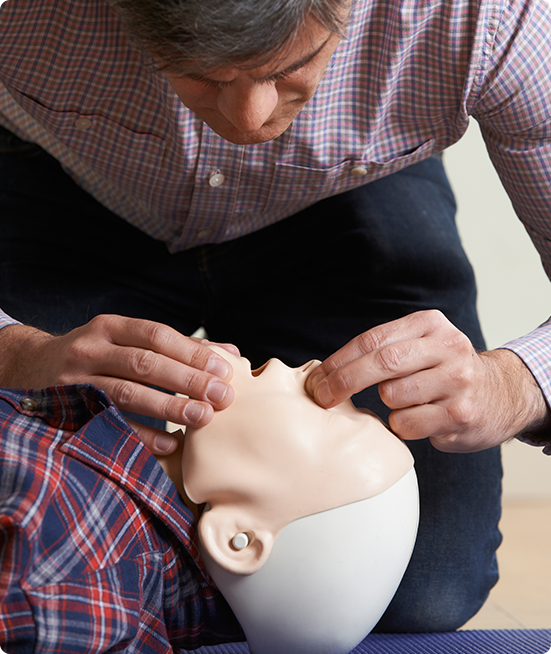
Dental Hygienists in Alabama need a Basic Life Support (BLS/CPR) certification at the Healthcare Provider level. Required skills include Adult, child & infant CPR, AED, and use of a bag-valve-mask. Some Dental Hygienists may also need a First Aid course as well, but this is determined by the employer.
REGISTER NOW
The Board of Dental Examiners of Alabama requires CPR certification with practical skills component that adheres to the Healthcare Provider level training standards of AHA/ECC or its equivalent.
270-X-4-.04 Mandatory Continuing Education For Dentists & Dental Hygienists.
(i)Dentists must maintain current certification in cardiopulmonary resuscitation (CPR) at the basic or advanced support level through the American Heart Association, American Red Cross, or an equivalent program.
(i) Dental hygienists must maintain current certification in cardiopulmonary resuscitation (CPR) at the basic support level through the American Heart Association, American Red Cross, or an equivalent program. This requirement must be satisfied by completing an in-person training course.
REGISTER NOW BEGIN TRAINING

AGD requires to maintain CPR for Healthcare Providers that includes practical skills evaluation component that is approved through the AGD Program Approval for Continuing Education (PACE) program. AGD PACE accredited organizations listed here.
142 Medical emergency training and CPR Training to ensure appropriate action in the event of an unexpected injury or illness occurring during dental treatment or within the dental office. Training topics may include medical emergency prevention; development of an action plan, recognition of patient distress and emergency drugs and equipment.
REGISTER NOW BEGIN TRAININGDental Hygienists in Alabama are required to do the Basic Life Support level of CPR certification for Healthcare Providers that usually includes a practical skills evaluation through a classroom or blended training process. 100% online CPR will only be an option upon the discretion of the employer or institution and is not always accepted by the state licensing department or for continuing education credits.
Some employers may require a specific type of training or may leave it up to the state’s requirement. If you are not certain of your employer’s requirement, make sure to check with them about both the training type and the required course content.


